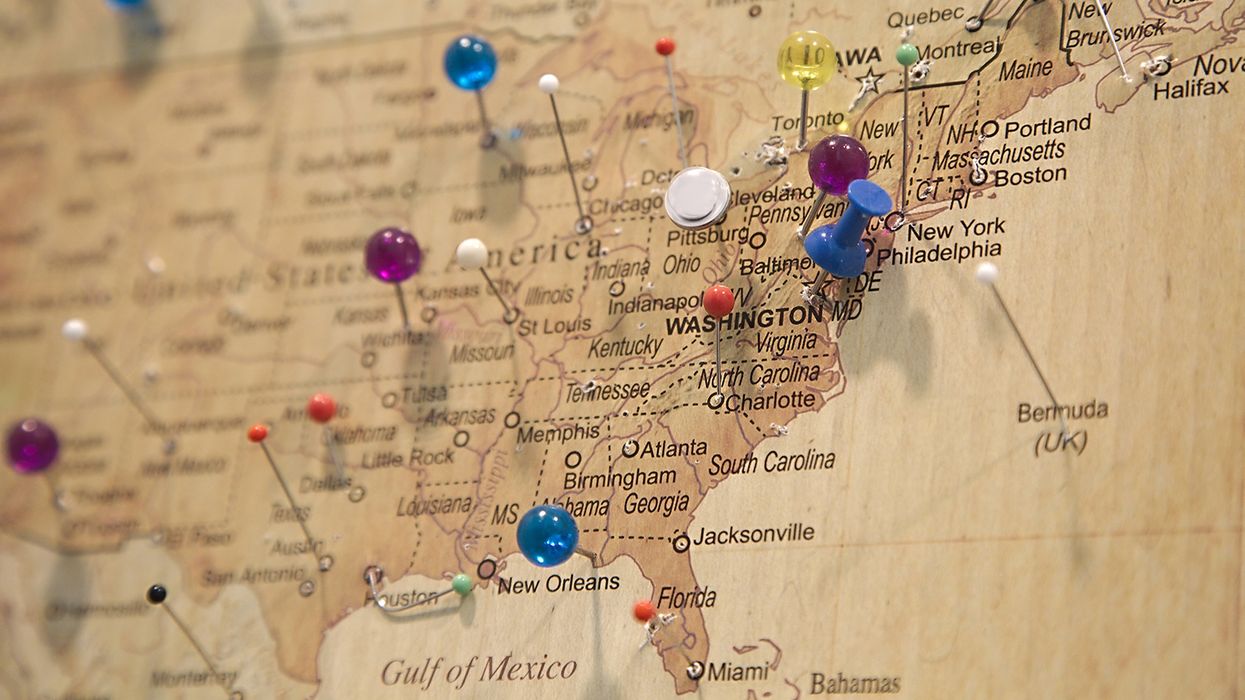Which state employment law applies?
With employees working and living in locations scattered all over the country, determining which state employment laws apply to those employees has added a new challenge for employers. This is particularly true when an employee lives in one state, but works in another.
The short answer to the question in the title is that, generally, the employment law of the state in which the employee works will govern.
Therefore, if you have an employee who works in New York, but lives in Connecticut, the New York employment laws will apply to that employee.
Easy, right?
What if you have employees who perform work in more than one state?
Some state laws define “employee” to include only those that work in that particular state, or spend at least some time working in the state.
Such laws can generally include paid leave, minimum wage, overtime, required posters, and so on, and they can be complex, particularly if there is a similar federal law.
Remote employees and the FMLA
While over half the states have their own leave laws, employers need to understand how they interact with the federal Family and Medical Leave Act (FMLA), particularly for remote employees – those employees who are working not at a company site, but from their private homes.
One of the eligibility criteria employees have to meet to take FMLA leave is that they are to work at a location with at least 50 company employees within 75 miles. An employee’s private homes are not worksites for this purpose. Rather, their worksite is the office to which they report and from which assignments are made.
The state law of the state the employee is working in, even in that location is the employee’s private home, however, also apply.
To illustrate
Let’s say that Jo Employee works from her home in California and reports to your company location in Cincinnati, Ohio, which has 250 employees. She has worked for your company for the last three years, and has worked many more than 1,250 hours in the past 12 months. She asks for leave to have a baby.
Jo will be subject to California employment and leave laws such as the California Family Rights Act and paid family leave, and will meet the federal FMLA eligibility criterion of working at a location with at least 50 company employees within 75 miles, because the Cincinnati site has more than that.
Therefore, Jo will be entitled to take FMLA leave for the reason of having a child, in addition to the CA leave laws.
Employers need to understand which laws apply and how they can intersect and interact, even between federal and state. State laws are being enacted at a rapid pace, so employers need to be vigilant in staying up to date on such developments.
Key takeaway: Employees are governed by the state employment laws of the state in which they work, regardless of where they live.























































